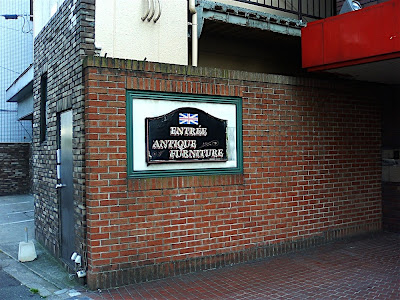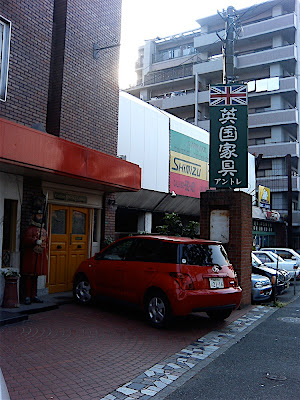Mi amigo de toda la vida José Enrique está en Southampton (Reino Unido) y hace un video blog o podcast llamado Andeyolibre.com, en el que además de contar cosas de su vida en el extranjero nos da consejos culinarios. Aquí se come un kiwi de la forma que os expliqué yo.
幼なじみのホセエンリケは英国のサウサンプトンからAndeyolibre.comというスペイン語のビデオ・ポッドキャストを配信している。内容は、外国での生活と料理です。この動画では僕が教えたキウイの食べ方を試してみる。
My all time friend José Enrique is now in Southampton (UK) making a video podcast in Spanish called Andeyolibre.com, in which you can hear from his living abroad and also about food and cooking. Here he tries and eats a kiwi the way I taught him.
Y este es mi episodio favorito de su «Cocina de pobres», con un consejo muy bueno al final para comer ajo.
そしてこの下の動画は彼の名シリーズ「貧乏の料理」の中のお気に入り。最後にはニンニクの食べ方についていいおすすめがあります。
And this is my favorite «Cooking for the poor» episode, with very good advice about eating garlic.
Me hacen mucha gracia tanto él como sus vídeos, y creo que si os gustan los míos los suyos os van a encantar. ¡Suscribíos a su RSS! (Y también al mío si aún no estáis suscritos.)
人も動画が面白いし、僕の動画が面白いと思ってくれる方には是非見てもらいたい。RSSを受信しよう!(ちなみに、こっちのも受信しようよ。)
The movies and himself are a lot of fun, and if you like my videos you’ll love his. Subscribe to his RSS! (And subscribe to mine too, when you’re at it.)


